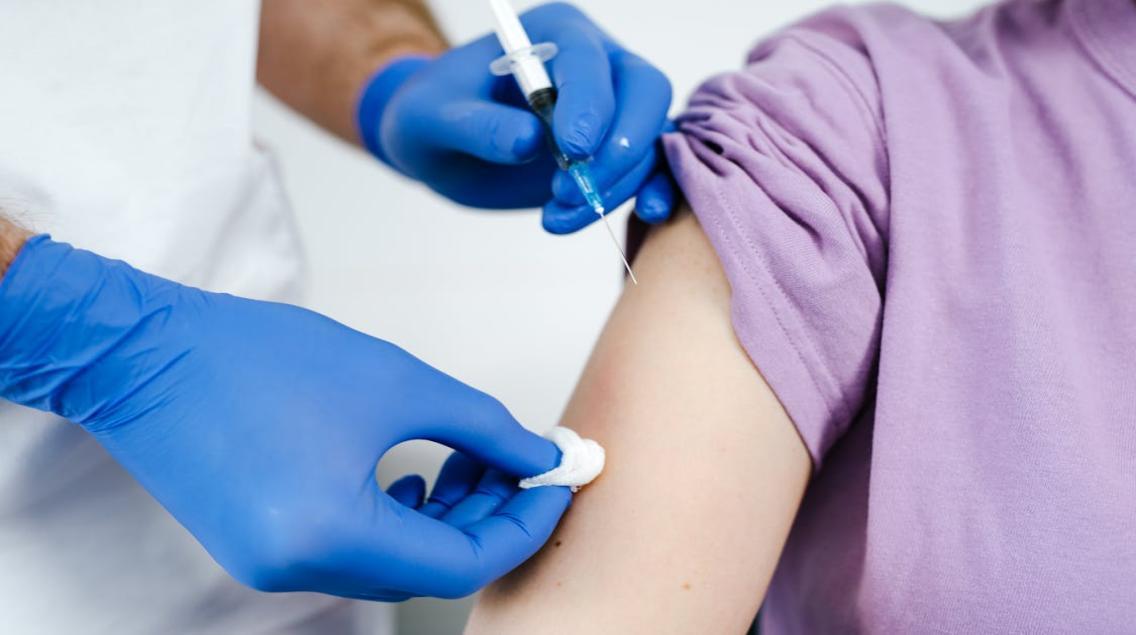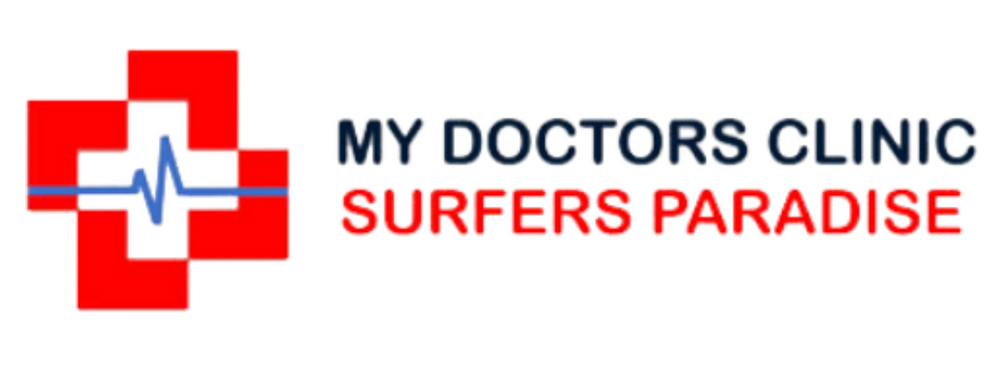Key Takeaways
- Multiple Options: Treatment varies from surgical procedures to radiation and emerging targeted therapies.
- Early Diagnosis: Early detection significantly enhances treatment success rates.
- Professional Care: Consult healthcare experts for a tailored treatment plan.
- Follow-up Care: Regular check-ups post-treatment are crucial for monitoring health.
- Sun Protection: Continuous protection against UV rays is essential to prevent recurrence.
Understanding Skin Cancer Treatments
Skin cancer, a prevalent concern worldwide, arises predominantly from skin cell damage, usually due to UV exposure. The treatment method adopted depends on the cancer type, its stage, and the patient’s overall health. Regular skin cancer checks are essential for early detection and effective treatment. Here’s an overview of the various treatments available:
Surgical Options
- Excisional Surgery: This common approach involves cutting out the cancerous tissue and a surrounding margin of healthy skin.
- Mohs Surgery: Particularly effective for non-melanoma skin cancers, this technique allows for immediate examination of removed tissue, thus minimising the removal of healthy skin.
Non-Surgical Methods
- Cryotherapy: Uses liquid nitrogen to freeze and destroy abnormal cells.
- Photodynamic Therapy (PDT): Combines light-based treatment and a photosensitising agent to destroy cancer cells.
- Topical Treatments: Creams or gels applied directly to the skin, useful in treating superficial skin cancers.
Advanced Therapies
- Targeted Therapy and Immunotherapy: These newer treatments focus on specific genetic changes seen in some skin cancers. They help the immune system recognise and attack cancer cells.
Comprehensive Treatment Approaches
Treatment for skin cancer often extends beyond the initial interventions, involving comprehensive strategies that include preventive measures, follow-up care, and sometimes adjuvant therapies, which are additional treatments given after the primary treatment to reduce the risk of the cancer returning.
Preventive Measures
Prevention is a critical aspect of skin cancer management, especially for individuals who have already been treated for the condition. It includes:
- Sun Protection: Using Sun Protection & Sunscreens with a high SPF, wearing protective clothing, and avoiding peak sun exposure hours can significantly reduce the risk of developing or exacerbating skin cancer. This preventive measure is a crucial part of skin health maintenance and is highly recommended alongside regular skin checks.
- Regular Skin Checks: Monthly self-examinations and professional skin checks are vital for early detection of any new changes or developments that might suggest a recurrence or new skin cancer.
Follow-up Care
After treatment, the healthcare journey continues with regular follow-ups. These visits allow doctors to monitor recovery and detect any signs of recurrence early. During these sessions, healthcare providers may use various diagnostic tests and assessments to ensure the cancer has not returned and that the patient remains healthy. Our services at My Doctors Clinic Surfers Paradise include a comprehensive post-treatment care program designed to support patients during their recovery. This includes regular health evaluations, skin checks, and personalised counseling to address any ongoing health needs or concerns. By providing these services, we aim to maintain the highest level of health for our patients and minimise the risk of cancer recurrence.
Adjuvant Therapies
For some patients, additional treatments may be necessary after the primary treatment, especially in cases where there is a higher risk of recurrence. These therapies might include:
- Chemotherapy: For certain types of skin cancer, chemotherapy can be used to kill any remaining cancer cells.
- Radiation Therapy: Often used when cancer has spread or there is a high risk of spread, radiation therapy can help reduce the risk of cancer returning.
Innovative Treatments and Research
The field of dermatological oncology is continually evolving, with research bringing forward new therapies and improving existing ones. Some of the latest advancements in skin cancer treatment include:
- Gene Therapy: Researchers are exploring ways to repair or replace faulty genes associated with skin cancer, potentially stopping the cancer before it starts or treating it at a genetic level.
- Vaccine Development: Therapeutic vaccines that help the immune system to fight cancer are under development and could provide a new way to treat or even prevent skin cancer.
Case Studies and Success Stories
Real-world examples and success stories can provide hope and guidance for those currently battling skin cancer. For instance, targeted therapies have shown remarkable success in treating advanced melanoma, which previously had very few effective treatment options. These stories underscore the importance of early detection and tailored treatment strategies. At My Doctors Clinic Surfers Paradise, we pride ourselves on delivering personalised care and achieving successful outcomes. Discover more about our approach and values on our about us page.
The Role of Technology in Skin Cancer Treatment
Technology plays a crucial role in diagnosing, treating, and monitoring skin cancer. Innovations such as digital dermoscopy and AI-powered imaging help in the early detection and accurate diagnosis of skin cancer. Skin Cancer Detection and Treatment technologies at My Doctors Clinic Surfers Paradise include state-of-the-art equipment and techniques that improve the precision of diagnoses and the effectiveness of treatments. Telemedicine also offers a convenient option for follow-ups and consultations, making it easier for patients to stay engaged with their treatment plans.
Digital Health Records
The use of digital health records in dermatology enhances the continuity of care by allowing doctors to access patient histories, treatment responses, and test results quickly and efficiently. This integration ensures that each patient’s care strategy is as informed and responsive as possible.
Lifestyle and Skin Cancer
While treatment is paramount, lifestyle factors also play a significant role in the management of skin cancer. Recommendations include:
- Diet and Nutrition: A healthy diet rich in antioxidants can help support the immune system and potentially reduce the risk of cancer.
- Exercise: Regular physical activity has been shown to improve outcomes in cancer patients and can enhance overall well-being during and after treatment.
- Stress Management: Reducing stress through techniques such as yoga, meditation, or counselling can positively impact the overall health of cancer patients.
Each of these elements—lifestyle, technology, comprehensive care, and innovative research—contributes to a holistic approach to treating and managing skin cancer, providing patients with the best possible outcomes and improving their quality of life.
Conclusion
Navigating through skin cancer treatment options can be daunting, but with the right medical advice and a comprehensive care approach, effective management is possible. If you or a loved one are facing a skin cancer diagnosis, contact us at My Doctors Clinic Surfers Paradise for personalised care and expert treatment options. Our dedicated team is here to support you every step of the way.
FAQs


